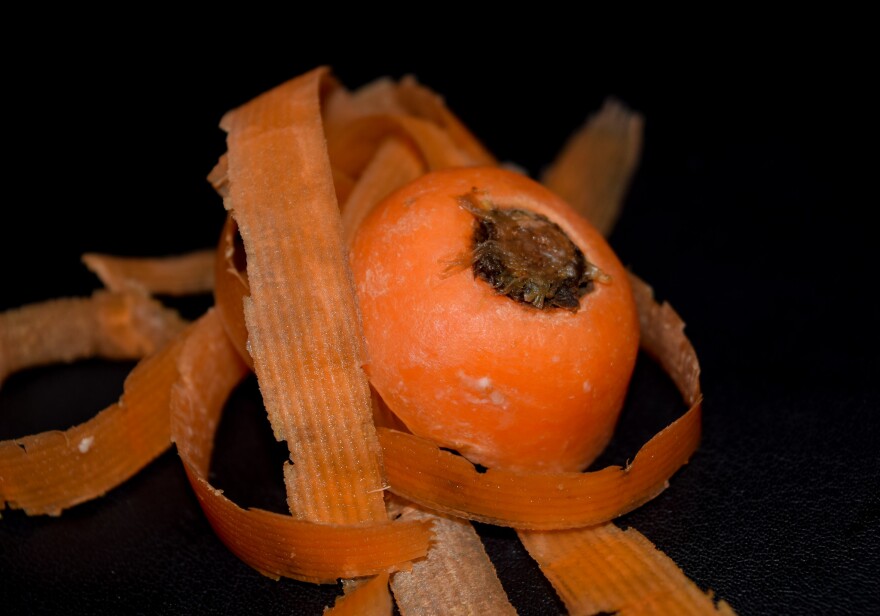Starting November 1, Massachusetts will require more items to be recycled or re-used rather than thrown away — including mattresses, clothing, and commercial food waste.
The new food waste ban will mostly affect businesses.
In 2014, the state ruled that any store or restaurant with more than a ton of food waste per week would need to compost, donate, process or use it as animal feed.
Now, the rule applies to companies with at least half-a-ton in food waste per week.
Lorenzo Macaluso works for the Florence-based Center for EcoTechnology, which is contracted by the state to help businesses follow the recycling rules.
Macaluso said some methods, such as composting, may increase costs for businesses, reducing food waste will save them money, especially with new technologies created in the past decade.
“From apps to weighing and measuring tools that help businesses and institutions prevent food waste from happening in the first place just by being able to monitor it,” Macaluso said. “It can then lead to better practices in purchasing and in storage and food production (and) planning.”
He said the infrastructure for handling food scraps has also improved since the initial food ban went into effect.
“There's more compost sites. There's now a number of anaerobic digestion facilities across the Commonwealth.”
Macaluso’s group has also been helping hotels and college dorms find places to recycle mattresses and advising other retailers on ways to repurpose linens or uniforms they no longer use, like turning them into rags.
Municipalities are preparing differently for the new waste bans, according to city officials.
Greenfield, for instance, already accepts mattresses, for a fee, from its residents and sends them to a recycling company. The city also organizes clothing donations through Big Brothers Big Sisters.
Easthampton, in contrast, does not coordinate recycling efforts for mattresses or clothing and instead tells its residents to find a private company.




